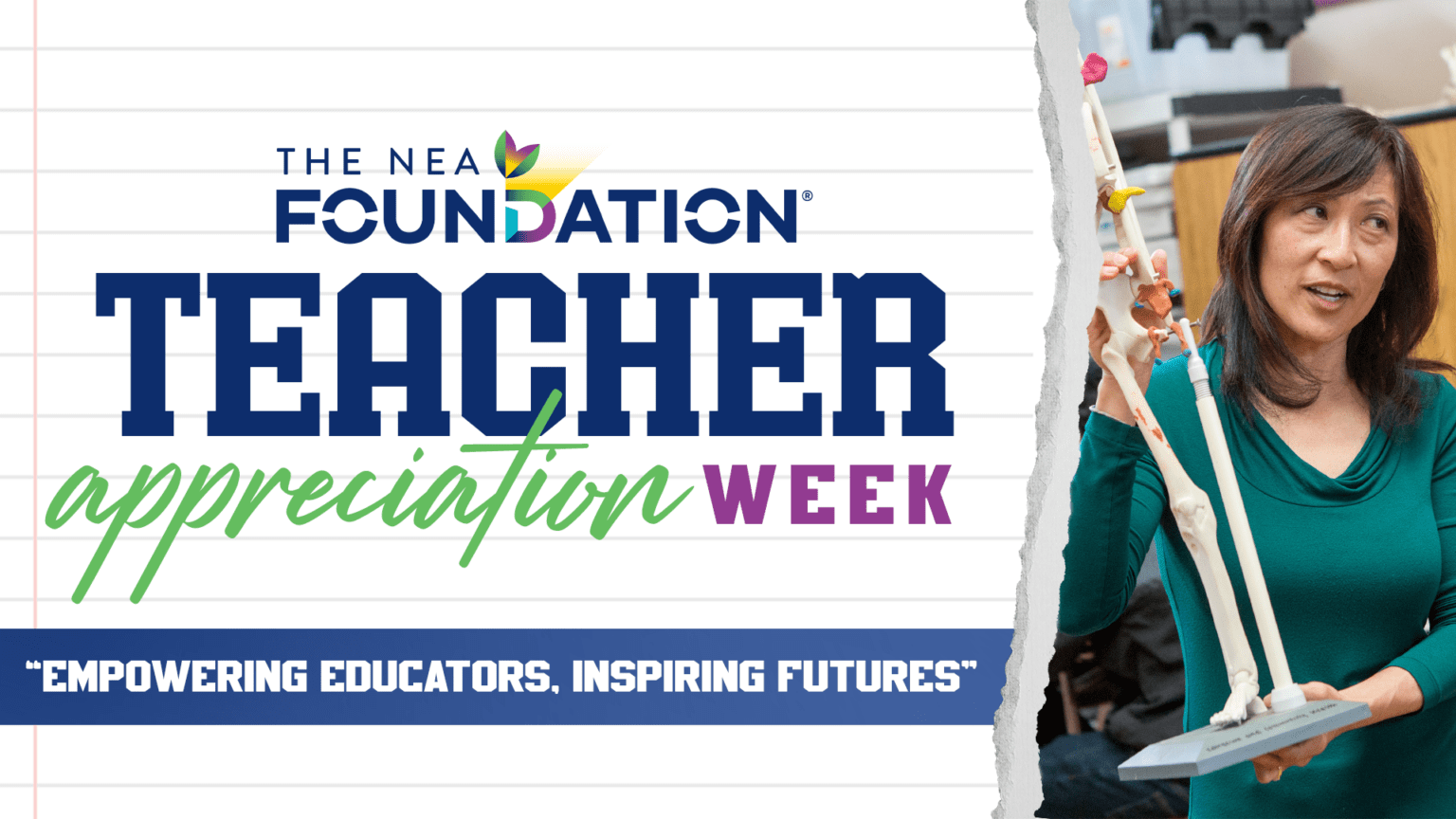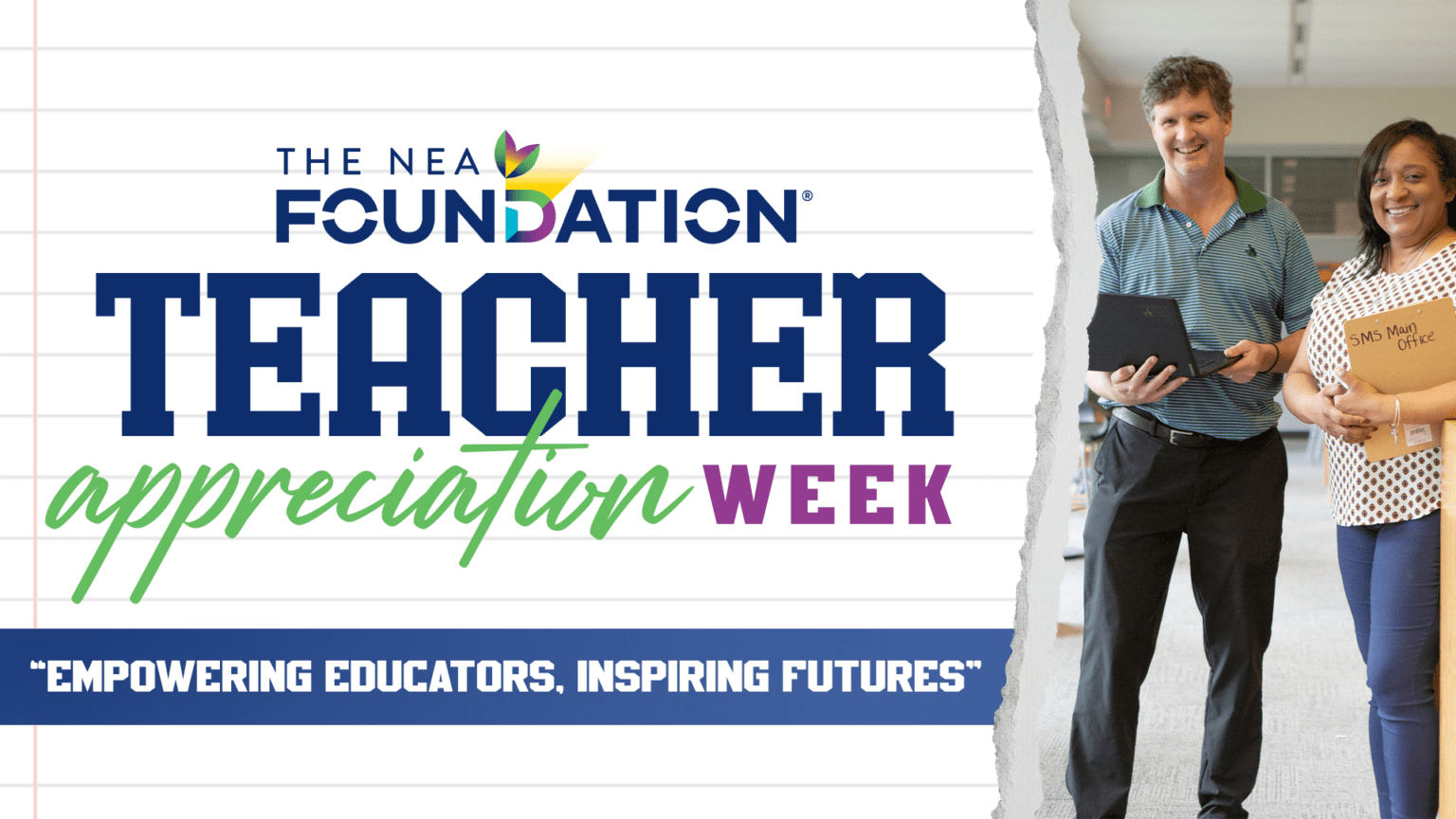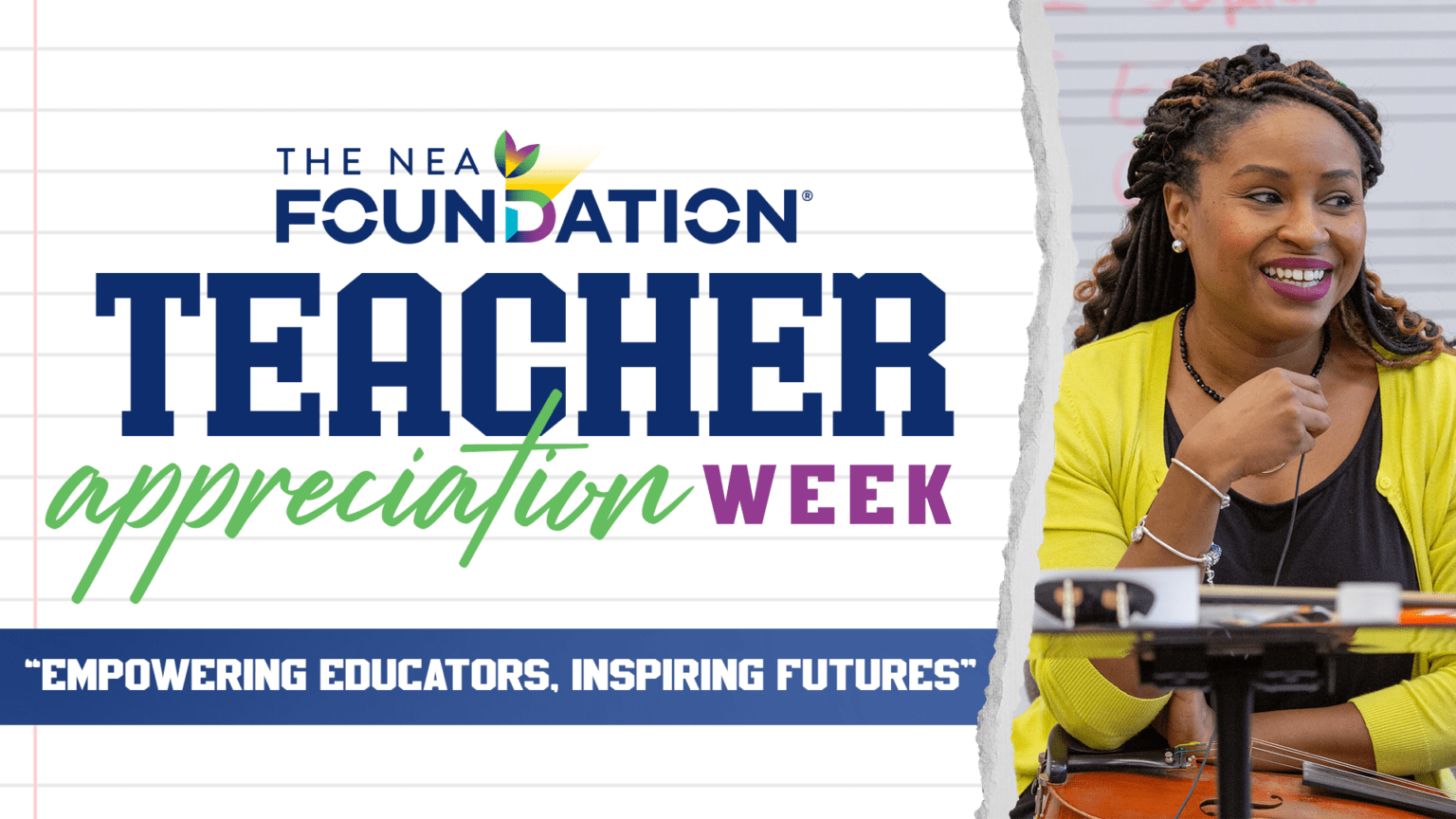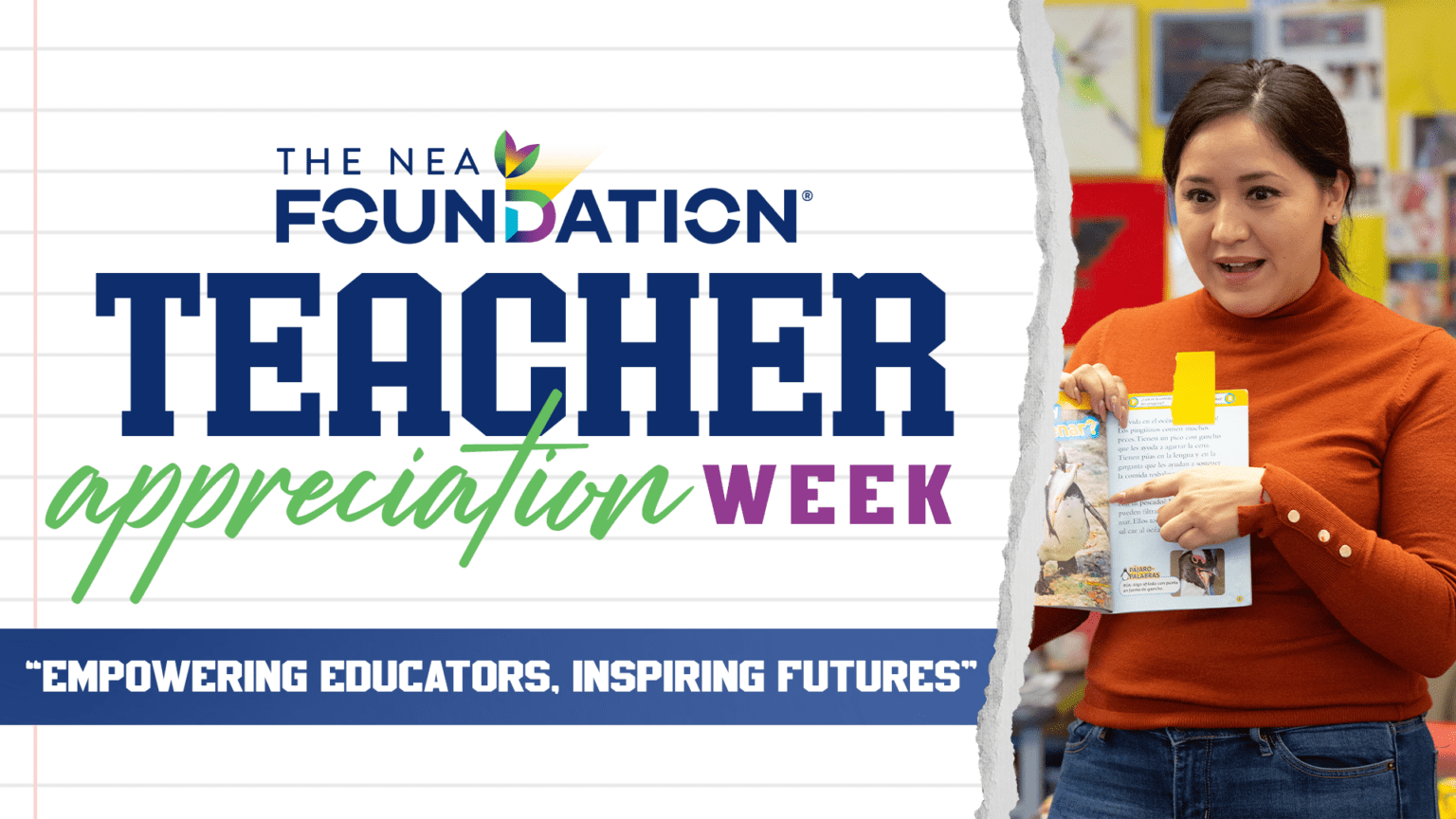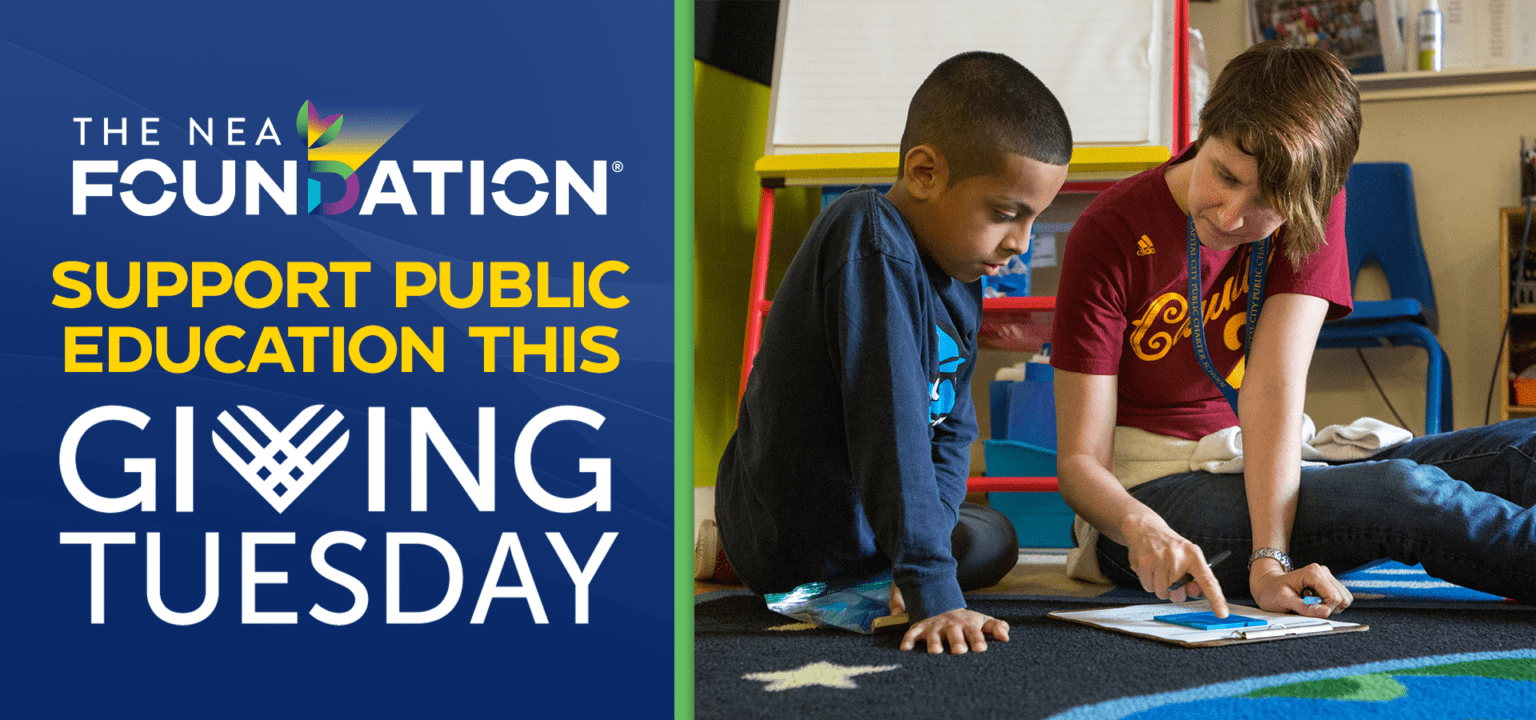By Ken Holzapfel
2014 NEA Foundation Global Learning Fellow and educator at McCluer High School in St. Louis County, MO
This blog series features the 2014 NEA Foundation Global Learning Fellows, a cohort of 30 educators who participated in a year-long supported learning experience to build global competency skills. The fellowship included international field study in Beijing and Xi’an, China, from June 20-28, 2014. This Q&A was adapted from an originally published piece by the Special School District of St. Louis County.
What were the top three things you observed (about education) during your trip?
The first thing I observed was how valued education is in China. China, like the United States, struggles with ways to fund education to maximize opportunities for all citizens. The funds for education are limited by the resources available in a particular community, similar to many places in the United States.
The second thing is the existence of “showcase” schools. The first school I visited was an outstanding technical school. The faculty bathroom looked more like something in a five-star hotel. The hallways had marble floors. Other parts of the facility were comparable to our own technical schools. Although not as prestigious as college, good technical schools in China are respected.
The third and the most profound thing I observed was that children are children. I felt at home in a classroom, with children, seven thousand miles away despite speaking a totally different language and having a different culture. Chinese teachers express the same anxieties about children learning math, about testing and about their future. I noticed the universal bond of teachers with students.
Image courtesy of Ken Holzapfel: Global Learning Fellows at the Xi’an Foreign Language School
What idea(s) did you bring back that you plan to incorporate into your classroom or teaching philosophy?
The main idea I gleaned from the trip was how important transition from school to work is in both cultures. The job I do at McCluer High School is very special because nothing like it exists in China for students with disabilities. The Chinese students who would not normally qualify for admittance into a trade school end up very often being migrant farm workers or in some other menial occupation. Thanks to the progressive foresight of the St. Louis County citizens in 1957, I believe we have the best services for students with disabilities in the world. Our structure is far from perfect, and we still have much work to do, but I feel blessed to know I am on the cutting edge of education working for Special School District.
What was the most surprising thing you learned while in China?
The complete absence of any type of special education services for a majority of students with disabilities. From what I learned from my preparations for the trip, 95 percent are taught with the same group of students and if they can’t keep up, they are expected to be silent in the back of the class. There are no supports or specialized instructional accommodations, modifications, etc.
Also, I was surprised by teacher preparation. A team of teachers and I interviewed an experienced teacher at The Xa’an International Language School. We learned a new teacher does not have any exposure to a classroom environment until they graduate with the equivalent of a master’s degree. They rely on a system that provides them with the assistance of a “master teacher” for their first five years of teaching. I was surprised that there were no internships or apprentice-teaching opportunities prior to being placed into a classroom.
What were you able to share about SSD while you were on your trip?
I was able to share the concept of “inclusion.” I left them with a description of our District and I told our Chinese counterparts we feel students do better overall when they are less isolated and are able to learn with a group of non-disabled peers with supports from special educators. In a sense there is inclusion in schools in China, but without any supports or specialized instruction.
What is next for you as a Global Learning Fellow?
When I visited Washington D.C. in February to receive the California Casualty Award for Teaching Excellence, we visited the Chinese embassy. I met the Chinese Ambassador of Education for the United States. He gave our group a bag with an opera mask image printed on it. I have since had the image transformed into a gilded leather mask made by an American artist. I intend to send the mask to him along with an invitation to establish a relationship between Special School District and China.
As a result of the trip, my appreciation for what a tremendous institution I work for has been reinforced. We still have challenges with testing, funding, paperwork and politics, but I never question or doubt the intentions to do good things for the students we serve.
Disclaimer: This blog contains the views, opinions, and positions of the author alone and do not represent those of The NEA Foundation. The accuracy, completeness, and validity of any statements made within this blog or information found by following any link in this blog are not guaranteed. We accept no liability for any errors or omissions in this information. The copyright of this content belongs to the author and any liability with regards to infringement of intellectual property rights remains with them. These terms and conditions of use are subject to change at any time.

